Russia’s foreign policy in the 21st century has been marked by a complex interplay of factors, including historical grievances, geopolitical ambitions, and economic realities. Under Vladimir Putin’s leadership, Russia has sought to reassert itself as a global power, challenging the established Western-led order.
Key Pillars of Russian Foreign Policy
- Reassertion of Great Power Status:
- Military Modernization: Russia has invested heavily in modernizing its military, particularly its nuclear arsenal, to project power globally.
- Geopolitical Assertiveness: The annexation of Crimea in 2014 and the ongoing conflict in eastern Ukraine are prime examples of Russia’s assertive foreign policy.
- Energy Diplomacy: Russia leverages its vast energy resources, particularly natural gas, to influence European countries and maintain geopolitical leverage.
- Eurasian Integration:
- Eurasian Economic Union (EEU): Russia has sought to deepen economic integration with former Soviet states to counterbalance Western influence.
- Pivot to Asia: Russia has strengthened ties with China and other Asian powers to diversify its economic and political partnerships.
- Anti-Western Sentiment:
- Historical Grievances: Russia perceives historical injustices, such as NATO expansion, as threats to its security interests.
- Information Warfare: Russia has employed cyberattacks and disinformation campaigns to undermine Western democracies and sow discord.
Challenges and Risks
- Economic Stagnation: Russia’s economy is heavily reliant on energy exports, making it vulnerable to global price fluctuations and Western sanctions.
- Demographic Decline: Russia’s population is aging and shrinking, posing long-term challenges to its economic and military power.
- International Isolation: Russia’s aggressive foreign policy has led to increased international isolation and sanctions, hindering its economic development and diplomatic efforts.
- Domestic Dissent: Growing domestic discontent and political repression could undermine the stability of the Russian regime and its foreign policy objectives.
The Future of Russian Foreign Policy
The future of Russian foreign policy remains uncertain. While Russia may continue to pursue an assertive and confrontational approach, it is also likely to adapt to changing global dynamics and domestic constraints. Key factors that will shape Russia’s future trajectory include:
- The evolution of the Russia-China relationship: The deepening strategic partnership between the two powers could reshape the global balance of power.
- The impact of Western sanctions and diplomatic pressure: Continued sanctions and diplomatic isolation could further weaken the Russian economy and limit its foreign policy options.
- Domestic political developments in Russia: Any significant political change in Russia could have far-reaching implications for its foreign policy.
As Russia navigates the complexities of the 21st century, its foreign policy will continue to be a major factor shaping global politics.
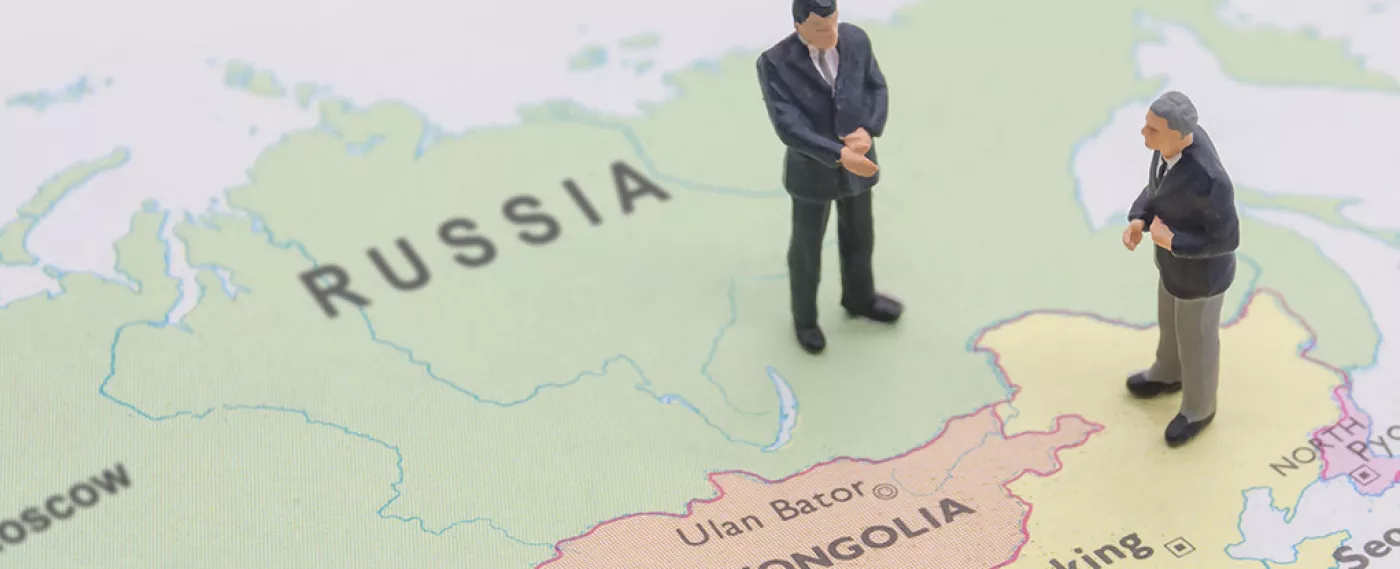
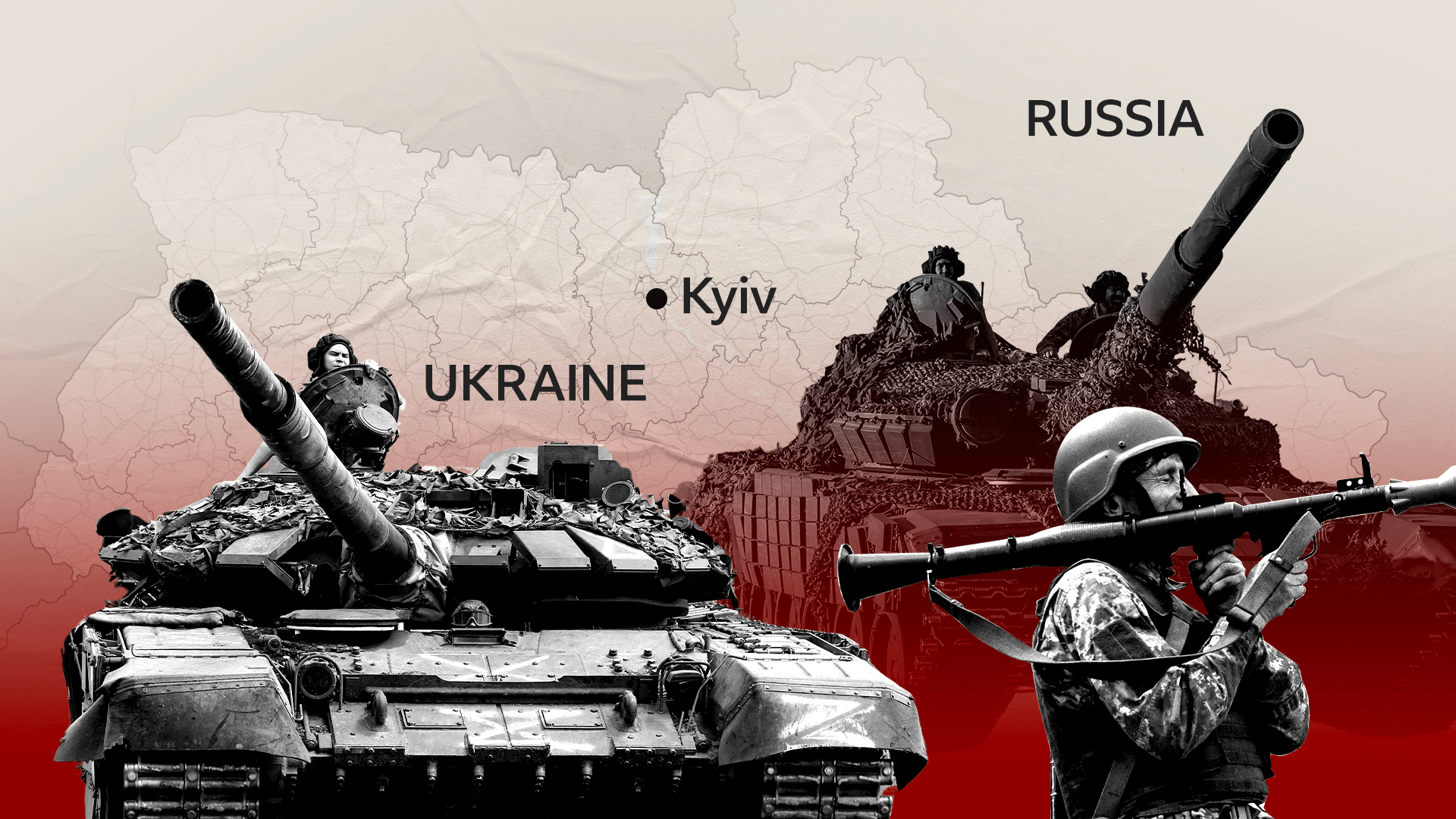
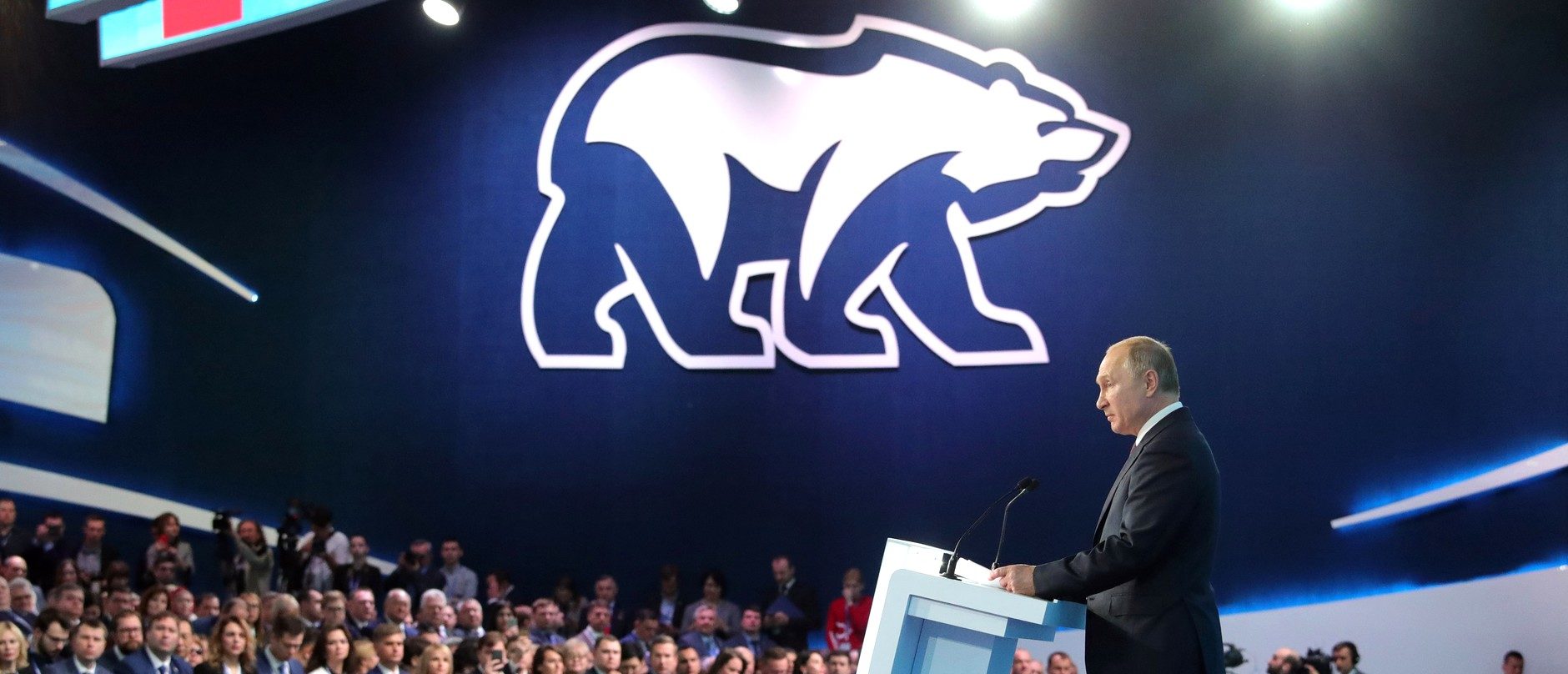
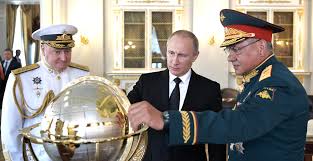

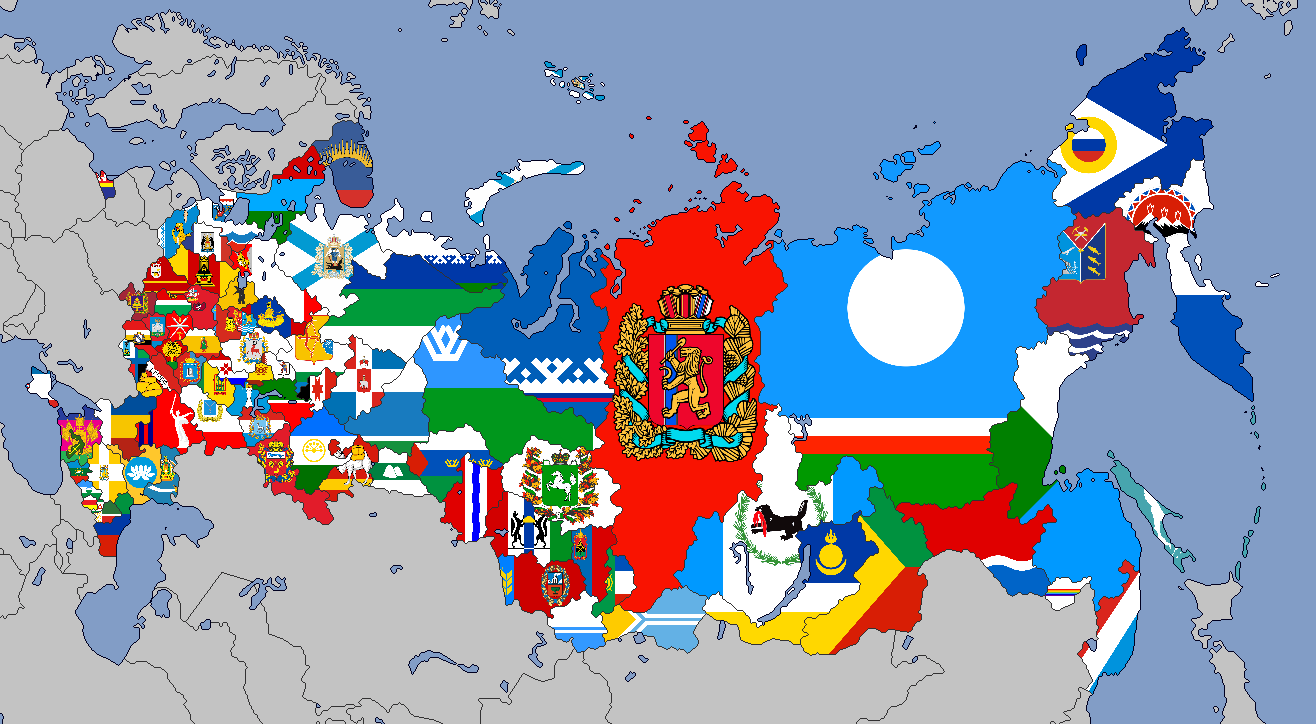
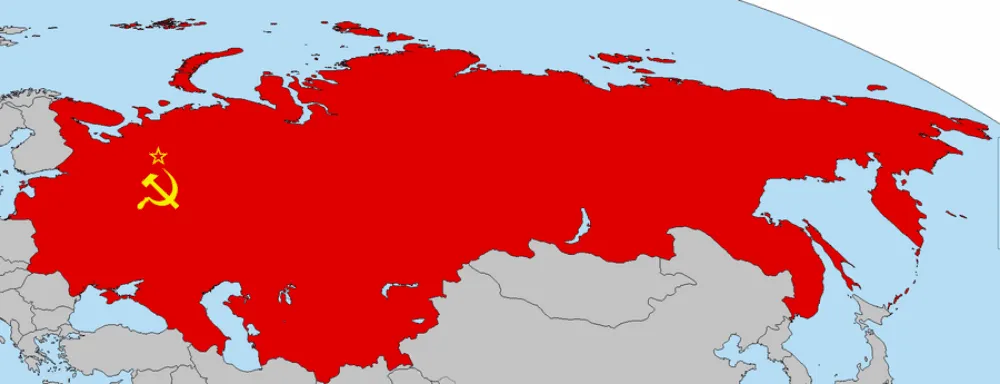
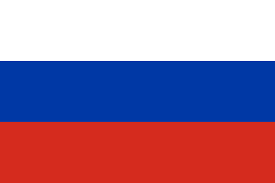
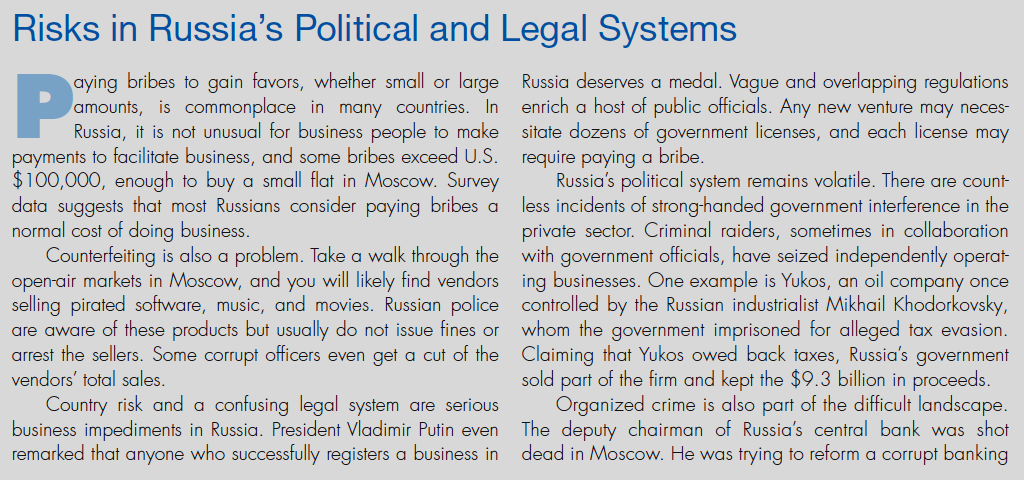
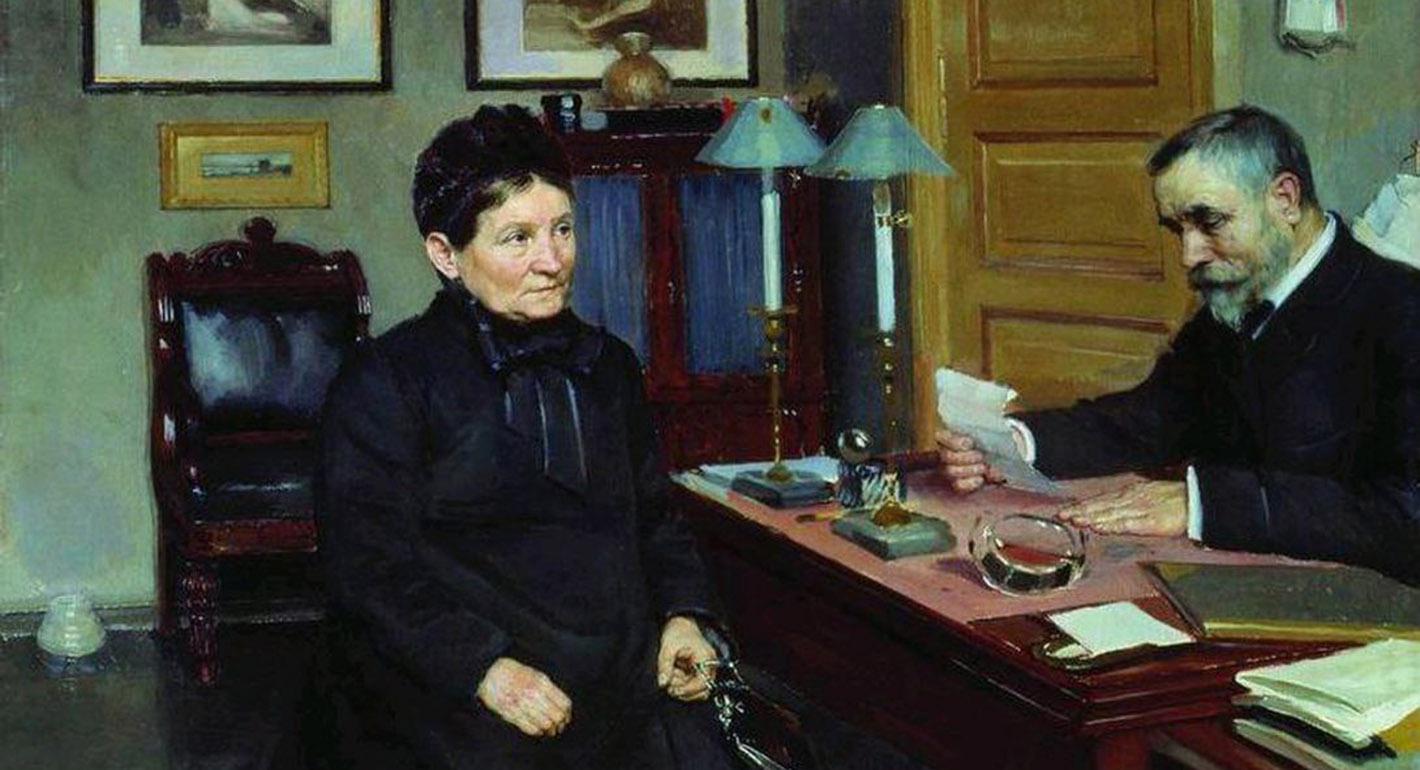
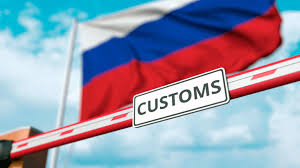
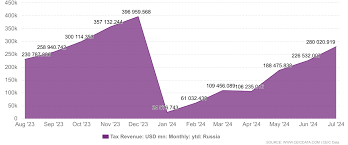
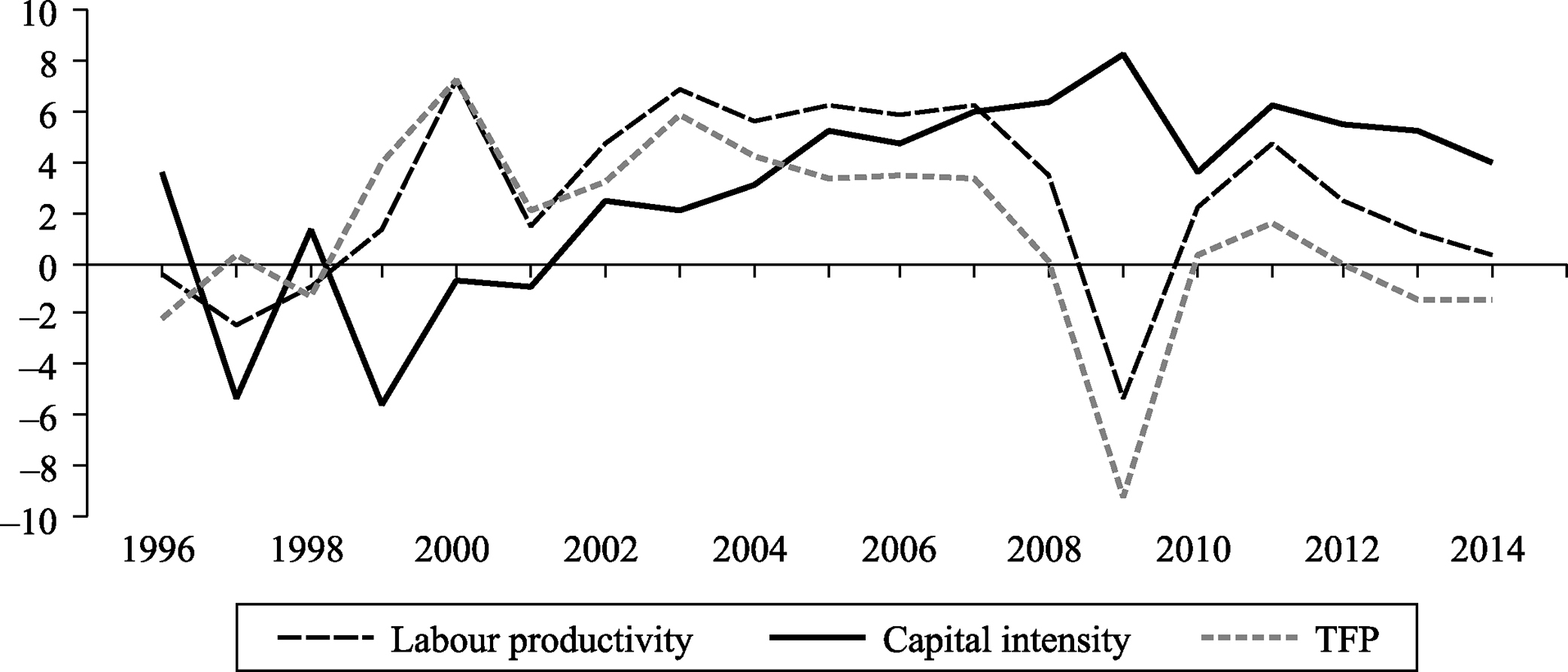
Leave a Reply